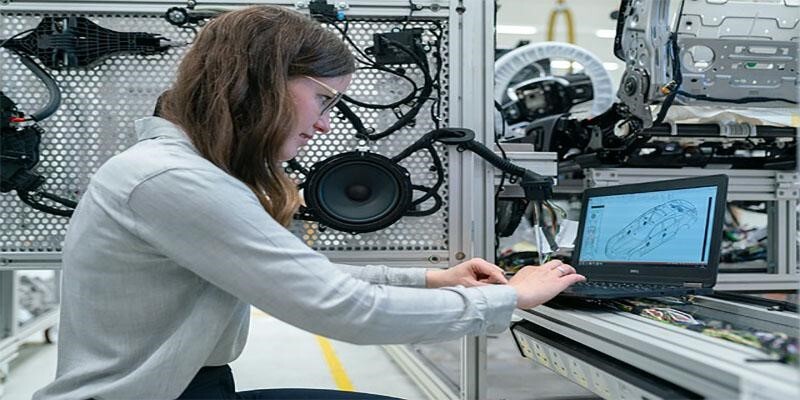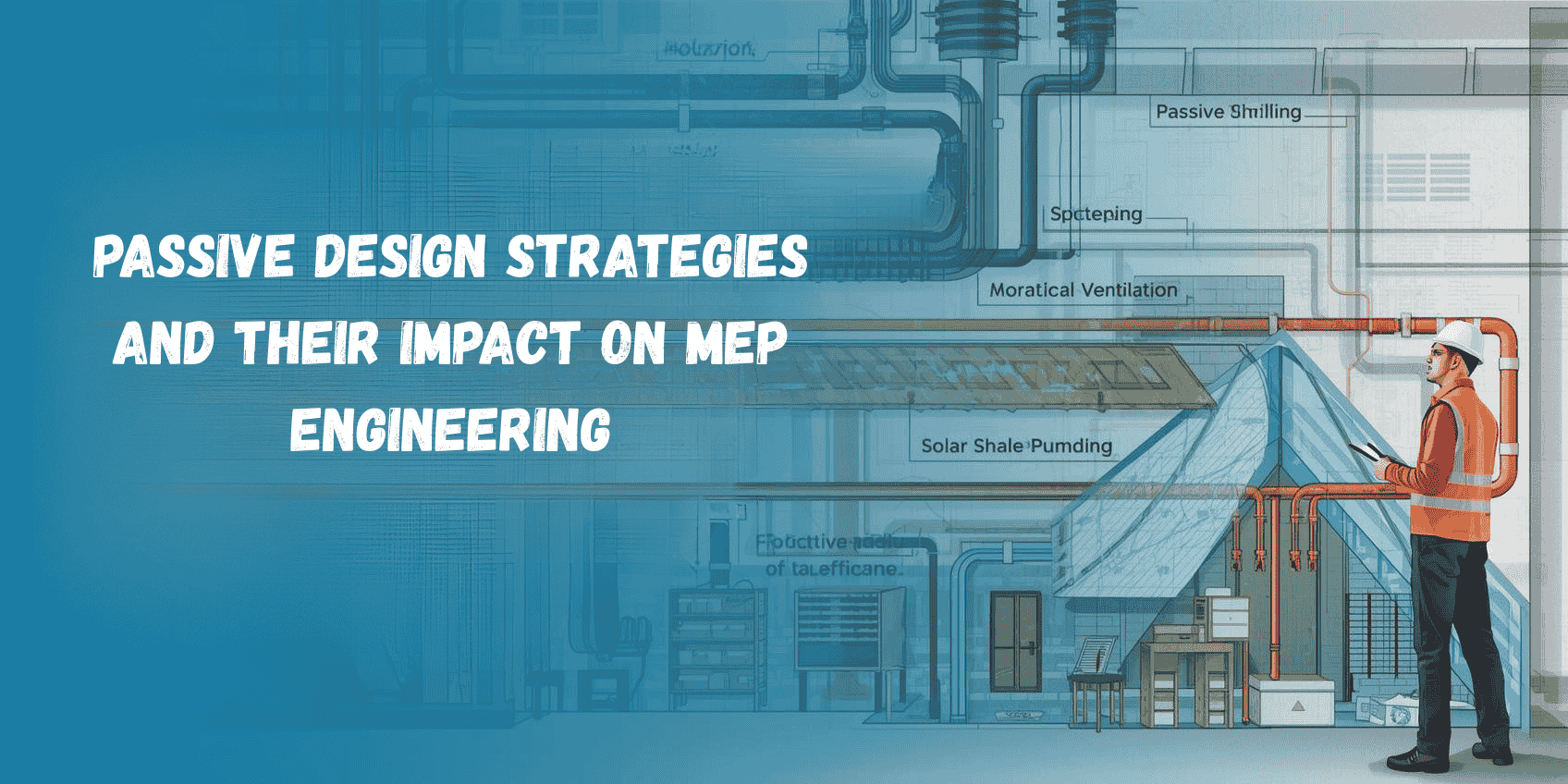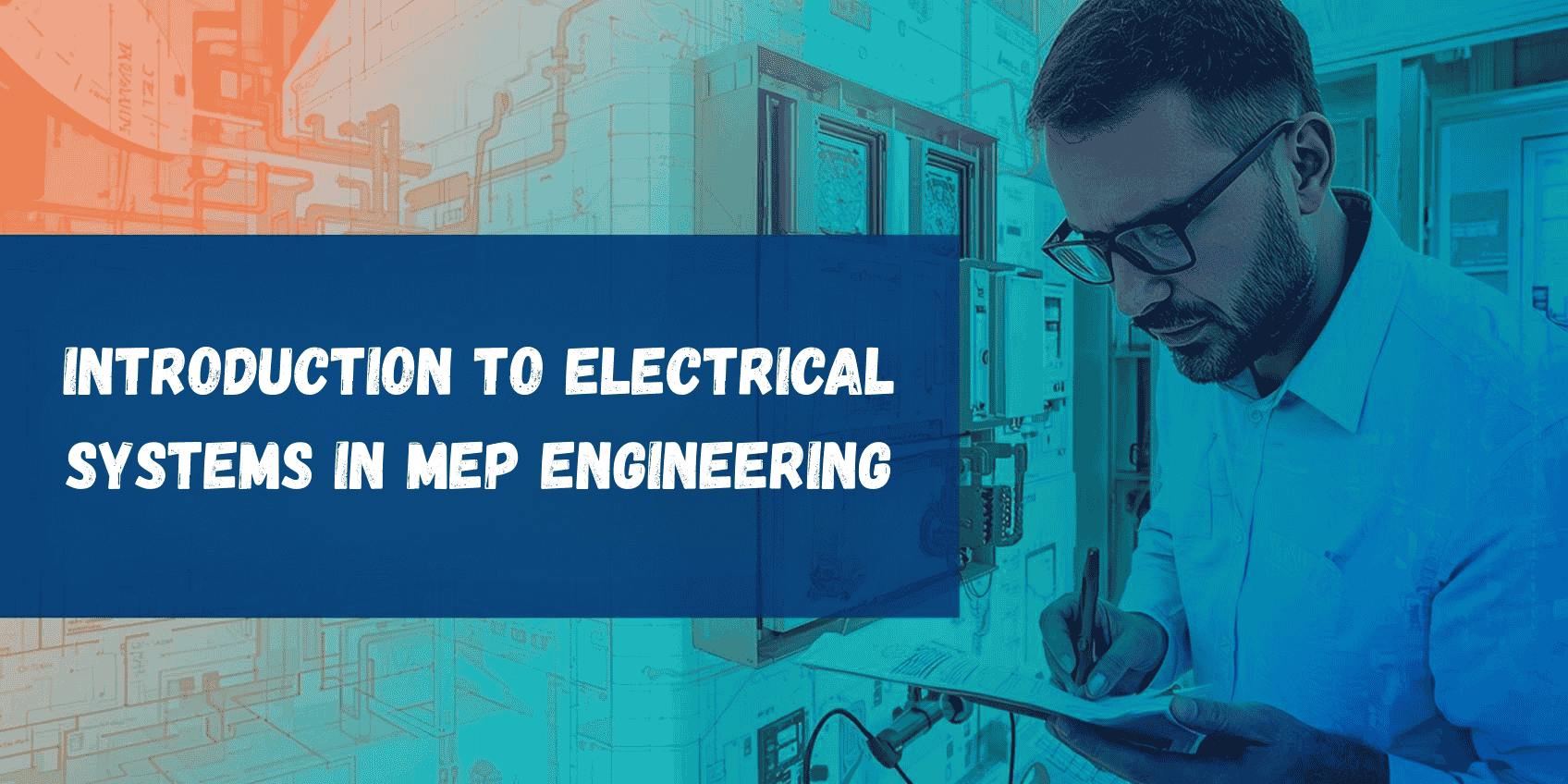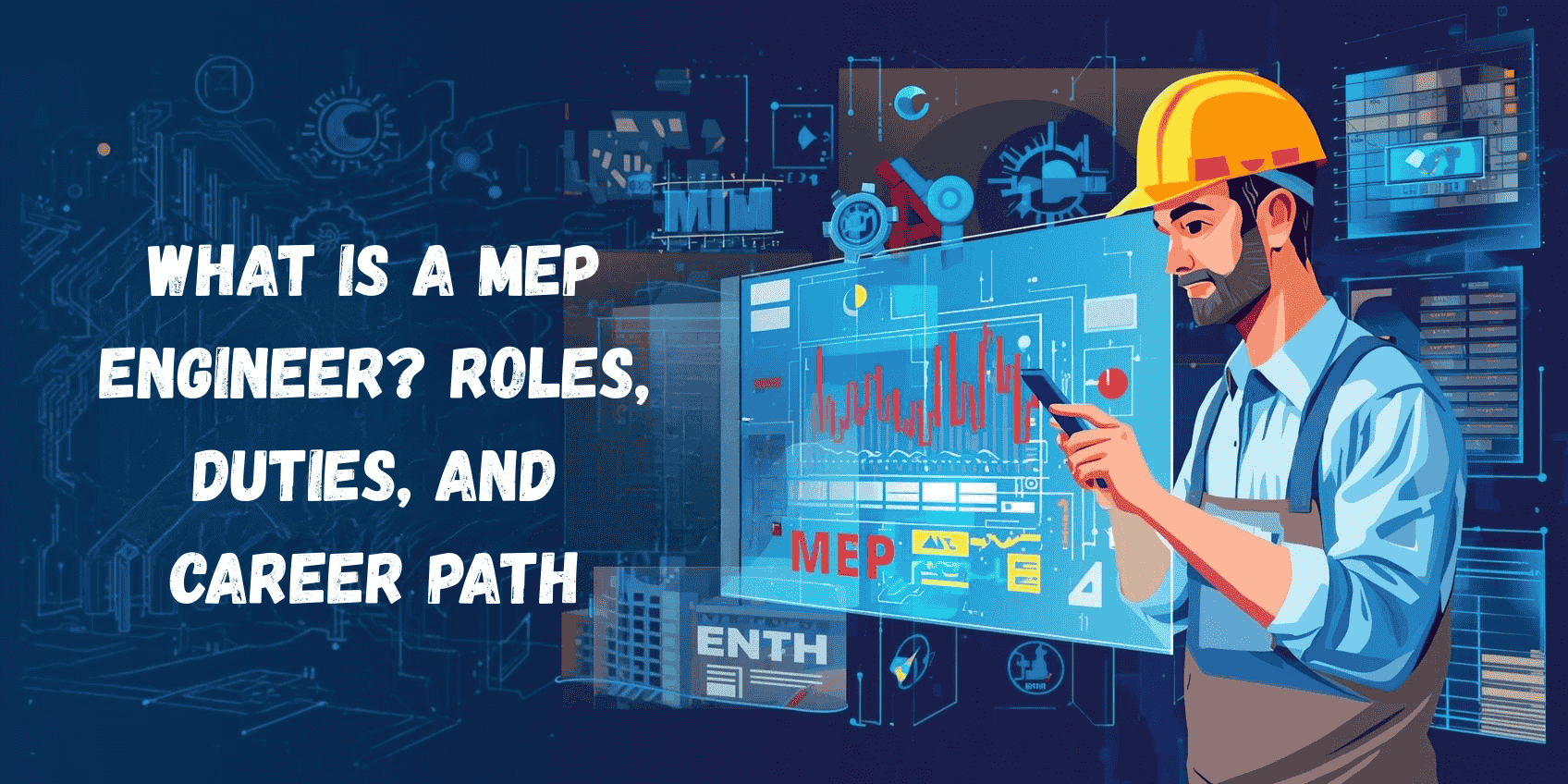
A diploma in electrical engineering provides a solid grounding in core concepts such as electrical circuits, power generation, control systems, and safety protocols. It is a well-recognised qualification that opens the door to a variety of entry-level roles across industries including construction, manufacturing, utilities, and infrastructure. However, as the engineering sector evolves with rapid technological advancements, professionals are expected to possess not just foundational knowledge but also specialised, industry-relevant skills.
In today’s competitive job market, employers increasingly value candidates who are proficient in advanced tools, interdisciplinary systems, and digital platforms. This is particularly true in areas like MEP engineering, building automation, and BIM MEP software, where integrated knowledge across multiple domains is becoming the new standard.
Pursuing a skill-based or certification course after diploma in electrical engineering allows aspiring engineers to build upon their existing knowledge while gaining practical exposure to real-world applications. In short, upskilling after a diploma is not just beneficial—it is essential. Whether your goal is to stay ahead in a rapidly advancing field or to explore new career opportunities across emerging sectors, investing in further education is a strategic move towards a more successful future.
Why Upskilling is Essential After a Diploma in Electrical Engineering

You may already have a decent understanding of what is electrical engineering, but the job market is fierce. Gone are the days when just holding a diploma would guarantee you a job. Companies now expect a mix of theoretical knowledge and practical expertise.
If you are aiming for lucrative electrical engineering jobs, you need to bring something extra to the table. Think of the roles that blend traditional engineering with modern systems, like MEP engineering. For those wondering, MEP meaning in construction refers to Mechanical, Electrical, and Plumbing systems. These are the essential services required in any building to ensure it functions efficiently. MEP systems are what make buildings liveable, breathable, and safe.
Now, picture this: as an electrical diploma holder, you upskill into a MEP engineer who understands complex systems, BIM integration, and sustainable design. You have just become ten times more valuable in the market.
Also Read: Top 50 MEP Interview Questions & Answers 2026
Top Certification After Diploma in Electrical Engineering
Once you have completed your diploma in electrical engineering, the next smart step is to sharpen your skill set with industry-relevant certifications. In a world where technology is constantly evolving, upskilling is not just an option; it is a necessity. The right course after diploma in electrical engineering can significantly enhance your job prospects, deepen your technical knowledge, and open doors to emerging fields like MEP engineering, energy systems, automation, and smart infrastructure.
To help you make an informed decision, we have curated a list of top certification and skill-based programmes that align with the needs of today’s job market. Whether you want to master MEP design, explore BIM MEP software, or strengthen your fundamentals in electrical systems, these courses are designed to get you there efficiently and effectively.
|
Course Name |
Fees |
Duration |
Eligibility |
Provider |
|
BIM Professional Program for MEP Engineers by Novatr |
INR 1,95,000 |
7 Months |
AEC professionals can apply for this course |
Novatr |
|
Fundamentals of Electrical Systems and Electrical Architecture by Skill-Lync |
NA |
1 Month |
Engineering students/ professionals |
Skill-Lync |
|
Electric Circuit Analysis: Electronics, Electrical Engineering by Udemy |
NA |
4 Hrs. 45 Min |
Engineering students/ professionals |
Udemy |
|
Advanced Electrical Design & Drafting |
NA |
3 Months |
Diploma/B.Tech in Electrical |
CADD Centre |
|
Revit MEP (Electrical Specialization) |
NA |
1–2 Months |
Diploma in Electrical or related |
CADDESK |
How Novatr’s BIM MEP Course Helps Electrical Engineers Transition into High-Demand Roles
For electrical engineers, the future lies at the intersection of smart design, sustainable systems, and digital construction. Novatr’s BIM MEP course is specifically tailored to help diploma holders and graduates step into this future confidently. With a curriculum focused on practical learning, global tools, and career readiness, here is how this programme sets you apart:
1. Designed Specifically for Electrical Engineers
The course builds on your existing technical knowledge in electrical engineering, helping you grasp the fundamentals of MEP design and MEP system coordination with ease.
2. Master Industry-Leading BIM Software
Gain hands-on experience with top-tier BIM MEP software like Autodesk Revit, Navisworks, and BIM 360, tools used by the biggest names in global construction and infrastructure development.
3. Understand Real-World MEP Concepts
Learn the practical applications of MEP services across commercial, residential, and industrial projects. You will gain a thorough understanding of mep meaning in construction, including how MEP fits into the larger building lifecycle.
4. Multidisciplinary Project-Based Training
Work on collaborative, cross-functional projects that simulate real industry scenarios. This ensures you develop team coordination skills while gaining deep expertise in electrical, mechanical, and plumbing engineering workflows.
5. Globally Recognised Certification
Upon completion, receive an industry-approved MEP course certificate that validates your skills and adds credibility to your CV, ideal for both Indian and international job markets.
Also Read: BIM for MEP: A Complete Guide 2026
6. Learn From Industry Professionals
The programme is led by experts who actively work in the field. You will gain insights not only into technical tools but also the latest industry trends and professional practices in MEP engineering and BIM MEP services.
7. Flexible Learning for Working Professionals
With online modules and live mentor support, the course fits seamlessly into your schedule. The MEP course duration and fees are designed to offer maximum value without disrupting your career or studies.
8. Built-In Career Support and Job Assistance
Novatr provides end-to-end career support, from portfolio development and mock interviews to job placement assistance, so you can confidently apply for roles such as MEP engineer, electrical BIM modeller, or plumbing engineer in top firms.
9. Future-Ready Curriculum Aligned with Global Standards
Stay ahead of the curve by learning how MEP building systems are integrated into smart infrastructure projects using digital twins, sustainable tech, and AI-driven workflows.
10. Explore the Broader MEP Industry Scope
Understand not just what the MEP course content is, but how to implement it across different sectors, including healthcare, airports, metro stations, and data centres. You will leave with a clear view of where your skills fit and grow in the real world.
11. Great Return on Investment
For those looking to upskill smartly, Novatr’s course offers a compelling package of learning, certification, and placement support—all backed by modern pedagogy and practical outcomes.
Conclusion
So, what is the verdict? Should you pursue a course after diploma in electrical engineering? If you are looking to upgrade your skills, unlock better salaries, or enter exciting fields like MEP engineering, the answer is a resounding yes. So, if you are passionate about buildings, systems, and technology, it is time to dive into a course after diploma in electrical engineering and power up your future.
Also read: BIM MEP Engineer vs Mechanical Engineer Salary, Expertise and Skills
The world is changing. Smart buildings, digital twins, and green energy are not futuristic ideas anymore, they are here, and they need experts like you. By exploring courses in MEP system design, BIM MEP software, and automation, you are not just learning; you are building a career that is resilient, rewarding, and global.
The BIM Professional Program for MEP Engineers by Novatr is a standout choice. To get the latest updates and explore more, visit our Resources Page.
Was this content helpful to you



.jpeg)



